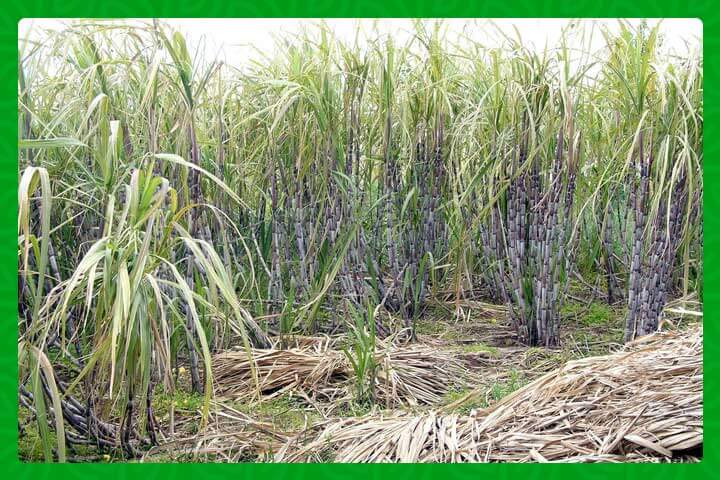
A game changing bet on Ghanaian agriculture
Imagine a sugarcane field humming with harvesters, a palm of coconuts stacked in neat rows, and processing halls where fruit becomes juice, concentrate and finished goods bound for local shops and foreign shelves. That image is the plan Nu Agri Asia Corporation of the Philippines and its partners are selling to Ghana today. The company, working with Jose Global Consulting and local partner Ghanol Ltd, will put US$250 million into a cluster of agro projects designed to modernize sugar production and scale coconut and fruit processing.
What the money will build
Of the US$250 million announced, US$129 million is earmarked for a modern sugar mill with a planned processing capacity of 10,000 tonnes of crushed sugarcane per day. The balance will fund a coconut processing unit able to handle roughly one million coconuts a day and large scale multi-fruit processing facilities. Those numbers are ambitious, but that is the point: move Ghana from importing sugar and value added products to making and exporting them.
A site built for scale and sustainability
The industrial footprint will sit on about 40 hectares and will include a 10 hectare solar farm to supply sustainable power to the complex. The plan also calls for controlled combustion of bagasse, the fibrous residue from crushed cane, to generate steam and help run the mill boilers. That combination of solar and biomass power aims to lower operating costs and shrink the project carbon intensity.
Farmers at the center, not at the edge
A defining feature of the project is its supply approach. Raw materials will come through an out-grower scheme that organizes farmers into cooperatives and offers them shareholding in the venture. That structure is meant to align incentives, boost smallholder incomes and give farmers a real stake in the value chain. Nu Agri Asia has also announced as part of its corporate social responsibility commitments.
Ghana welcomes the investment
Ghana’s Minister of Agriculture, Hon. Eric Opoku, welcomed the move and highlighted how the new facilities will reduce dependence on imported sugar and open export opportunities to regional and international markets. The government stake and public private partnership element are intended to speed approvals and help link the project to national agricultural development goals. Vanguard News
The regional context: competition and opportunity
This announcement comes as other major regional players move into Ghana’s sugar sector. Earlier this year Dangote Sugar secured approval to build a mill in Kwame-Danso with a planned crushing capacity of 12,000 tonnes per day. Multiple investors entering the market sends a clear signal: Ghana is seen as a growth corridor for agro-industry in West Africa. Together these projects could transform supply dynamics in the region, reduce import bills and create thousands of jobs from farm to factory.
Why this matters
Short term, the project promises construction jobs, procurement for local services and new cash flows for farmers. Medium term, a working sugar mill and high capacity coconut and fruit processors can cut the country’s import bill and stimulate complementary industries such as packaging, cold storage and logistics. Long term, placing farmers inside the shareholding structure could create durable rural income streams and help stabilize raw material supply for manufacturers. The mix of solar and bagasse energy shows a business mind that is watching costs as well as community impact.
What to watch next
- Project timeline and location specifics, including land titles and local permits.
- Details of the out-grower contracts, pricing formula and shareholding terms for farmer cooperatives.
- Environmental and social impact assessments and how the project plans to manage water, labour and waste.
Nu Agri Asia’s US$250 million proposal is more than a new factory. It is a bet on a modern agro-industrial pathway for Ghana, one that links farmers to factories, energy to production and local demand to export potential. If executed well, it could be the kind of catalytic investment that moves an entire value chain from fragmented smallholders to competitive, regionally integrated industry.
Stay updated with the latest farming tips and agriculture industry news from Africa by subscribing to our newsletter. Don’t miss out on valuable insights and updates. Follow us on Twitter, LinkedIn, and Facebook to join our farming community and stay connected with us.


















